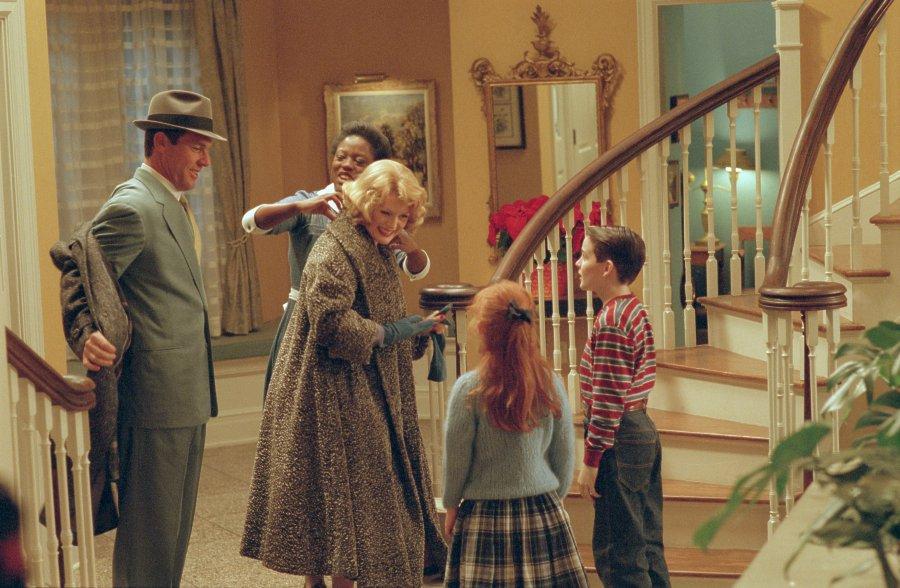| Academy Award Nominations: |
| Best Actress: Julianne Moore |
| Best Original Screenplay: Todd Haynes |
| Best Cinematography: Ed Lachman |
| Best Original Score: Elmer Bernstein |
|
| Golden Globe Nominations: |
| Best Actress (Drama): Julianne Moore |
| Best Supporting Actor: Dennis Quaid |
| Best Screenplay: Todd Haynes |
| Best Original Score: Elmer Bernstein |
|
| Other Awards: |
| Venice Film Festival: Best Actress (Moore); Outstanding Individual Contribution (Lachman); SIGNIS Award (Honorable Mention) |
| Independent Spirit Awards: Best Picture; Best Director; Best Actress (Moore); Best Supporting Actor (Quaid);
Best Cinematography |
| New York Film Critics Circle: Best Picture; Best Director; Best Supporting Actress (Clarkson);
Best Supporting Actor (Quaid); Best Cinematography |
| Los Angeles Film Critics Association: Best Actress (Moore; also cited for The Hours);
Best Cinematography; Best Original Score |
| National Society of Film Critics: Best Supporting Actress (Clarkson) |
| Boston Society of Film Critics: Best Cinematography |
| National Board of Review: Best Actress (Moore) |
| Satellite Awards: Best Picture, Drama; Best Director; Best Supporting Actor, Drama (Haysbert) |

